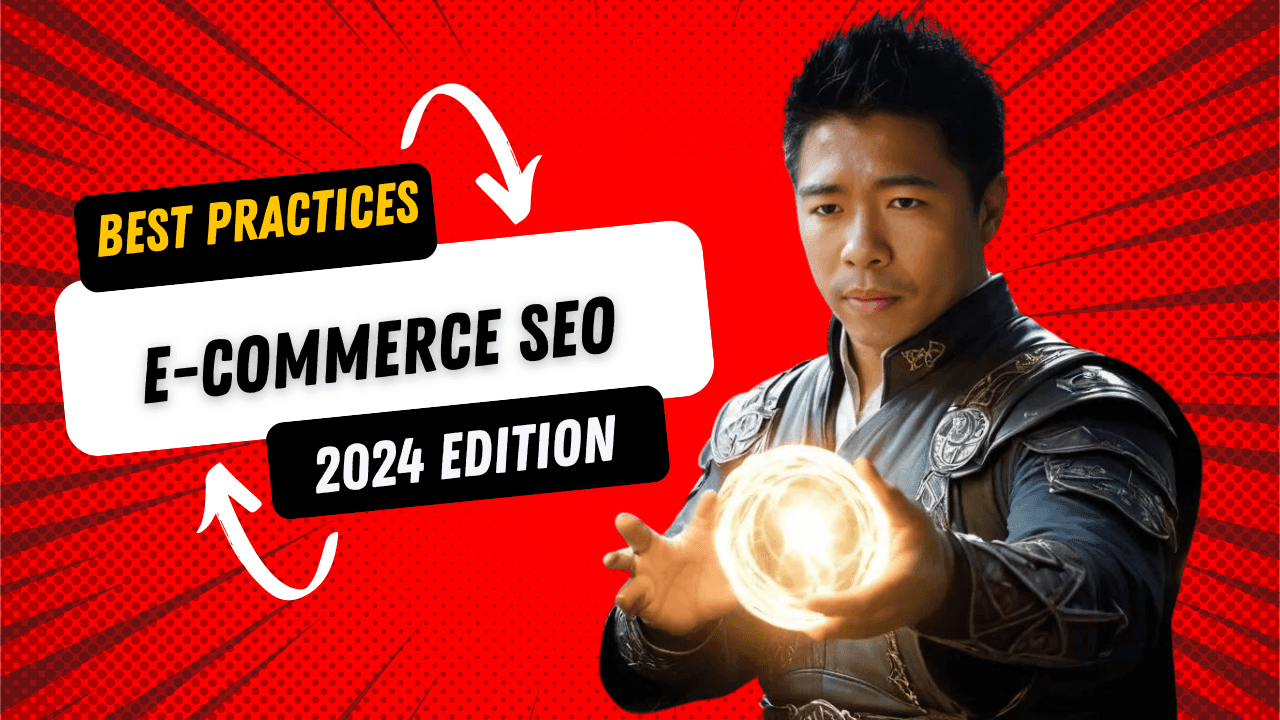E-commerce SEO in 2024: Key Practices for Top Rankings
In the rapidly evolving world of e-commerce, SEO remains a critical component for success. As more businesses move online, the competition for visibility intensifies. SEO not only improves your site’s ranking on search engines but also enhances user experience and drives more organic traffic. This comprehensive guide will explore the essential SEO practices for e-commerce websites in 2024, helping you achieve top rankings and boost sales.
Importance of SEO for E-commerce Websites
SEO is vital for e-commerce websites for several reasons. It increases your site's visibility in search engine results, leading to more organic traffic and potential customers. High search rankings also enhance your brand's credibility and trustworthiness. Moreover, a well-optimized site improves user experience, leading to higher engagement and conversion rates. In a competitive market, SEO can be the differentiator that sets your e-commerce business apart.
Conducting Keyword Research for E-commerce
Finding Profitable Keywords for Product Pages
Keyword research is the foundation of effective SEO. For e-commerce, it's crucial to find profitable keywords that potential customers use when searching for products. Use tools like Google Keyword Planner, Ahrefs, and SEMrush to identify high-volume, low-competition keywords. Focus on long-tail keywords as they often have higher conversion rates. Additionally, consider user intent and ensure the keywords align with what customers are looking for.
Optimizing Product Pages for SEO
Title Tags, Meta Descriptions, Product Descriptions
Optimizing product pages is essential for improving search rankings and attracting customers. Key elements to focus on include:
- Title Tags: Include primary keywords and ensure they are descriptive. Keep them under 60 characters to avoid truncation in search results.
Technical SEO for E-commerce
Site Speed, Mobile Optimization, Structured Data
Technical SEO ensures that search engines can crawl and index your site efficiently. Key aspects include:
- Site Speed: A fast-loading site improves user experience and search rankings. Optimize images, leverage browser caching, and minimize CSS and JavaScript files. Use tools like Google PageSpeed Insights to identify and fix performance issues.
Creating SEO-Friendly URLs
Best Practices for E-commerce URLs
URLs play a significant role in SEO. They should be clean, descriptive, and include relevant keywords. Avoid using long, complex URLs with unnecessary parameters. Instead, use short, readable URLs that clearly describe the content of the page. For example, use "/category/product-name" instead of "/product?id=12345". Consistent URL structure helps search engines and users understand your site hierarchy.
Building High-Quality Backlinks
Strategies for Getting Backlinks to Product Pages
Backlinks from reputable sites signal to search engines that your content is valuable and authoritative. To build high-quality backlinks:
- Guest Blogging: Write articles for industry-related blogs and include links to your product pages. Ensure the content is high-quality and relevant to the audience.
User Experience and SEO
Importance of UX for E-commerce Sites
User experience (UX) is crucial for both SEO and customer satisfaction. A well-designed site encourages users to stay longer, reducing bounce rates and increasing conversions. To improve UX:
- Navigation: Ensure your site has a clear, intuitive navigation structure. Use categories and subcategories to help users find products easily.
Mobile SEO Optimization
Ensuring Your Site is Mobile-Friendly
Mobile SEO is essential in 2024 as more consumers shop on their phones. To optimize for mobile:
- Responsive Design: Ensure your site adapts to different screen sizes. Test your site on various devices to ensure a consistent experience.
Content Marketing for E-commerce SEO
Blogging, Guides, and Other Content Strategies
Content marketing can drive traffic and improve SEO for e-commerce sites. Strategies include:
- Blogging: Create a blog and publish regular posts related to your products and industry. Use keywords naturally and provide valuable information to your audience.
Local SEO for E-commerce
Optimizing for Local Search
Local SEO is important for e-commerce businesses with physical stores or localized services. Strategies for optimizing local search include:
- Google My Business: Create and optimize your Google My Business profile. Ensure your NAP (Name, Address, Phone number) information is consistent across all listings.
Leveraging Social Media for SEO
Social Media Strategies to Boost SEO
Social media can indirectly influence SEO by driving traffic and increasing brand visibility. Effective strategies include:
- Content Promotion: Share your content on social media platforms. Encourage followers to share your posts to reach a broader audience.
Using Analytics to Track E-commerce SEO
Best Tools for Measuring and Analyzing SEO Success
Tracking your SEO performance is crucial for understanding what works and what doesn’t. Key tools for measuring and analyzing SEO success include:
- Google Analytics: Provides detailed insights into your website traffic and user behavior. Track metrics like bounce rate, session duration, and conversion rate.
FAQs
Common Questions About E-commerce SEO
- Why is SEO important for e-commerce in 2024? SEO is crucial for driving organic traffic to your website. It improves visibility, builds credibility, and increases conversions.
Conclusion
SEO optimization is an ongoing process that requires dedication and strategic planning. By understanding and implementing the latest SEO techniques in 2024, you can enhance your e-commerce website’s performance, attract more organic traffic, and achieve


